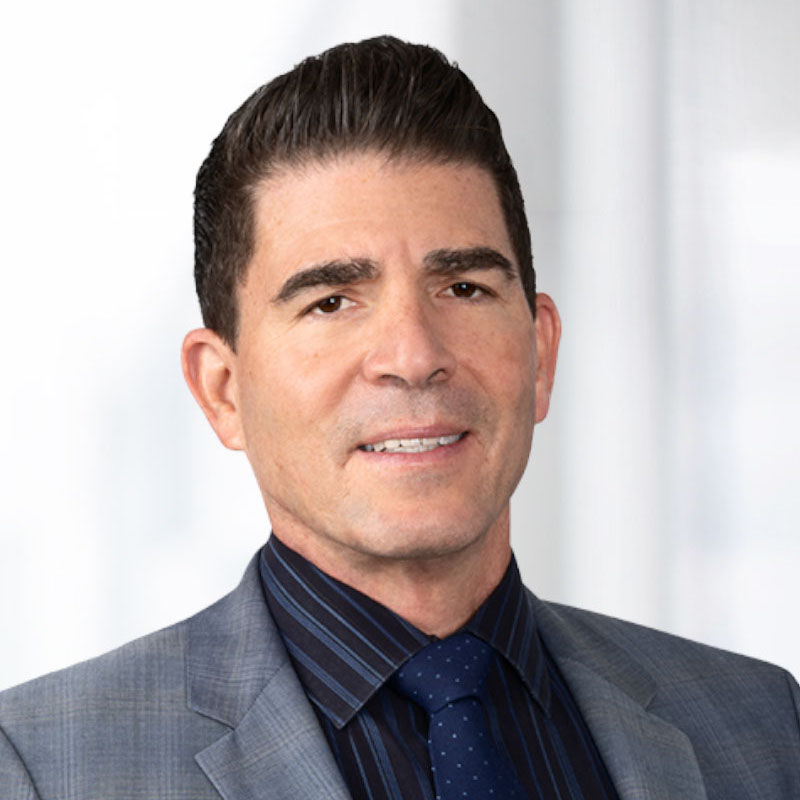Journalist Bob Woodward interviewed President Trump on numerous occasions during his 2019 and 2020 presidency. Trump granted consent to be recorded for Woodward’s upcoming book. Woodward later released segments of these recordings, along with one recording made with Trump during his presidential campaign in 2016, as part of an audiobook, The Trump Tapes. Trump claims that Woodward did not have his permission to release these audiotapes as a separate audiobook and sued Woodard and his publisher for, among other claims, copyright infringement.
Trump contends that Woodward did not request to expand the scope of release or furnish a release to use the Interview Sound Recordings for an audiobook or any other derivative work, as is customary in the book publishing and recording industries. Trump alleges that he told Woodward numerous times that the Interviews were to be used by Woodward—and Woodward only—for the sole purpose of accurately quoting President Trump for his forthcoming book Rage, and not for any other purpose, including providing, marketing, or selling the Interviews to the public, press, or the media, in any way, shape, or form.
The best practice would have been for Woodward to get a written release from Trump assigning over any rights Trump may have had in the interview. According to the complaint, that didn’t happen and, according to a press release by Woodward responding to the complaint, that seems to be the case. But the failure of Woodward to obtain a written release doesn’t mean that Trump owns the copyright in the recording. Woodward filed a motion to dismiss, arguing that Trump’s complaint is without legal merit.
Copyright Doesn’t Protect ‘Unprepared Utterances’
In his motion, Woodward claims Trump lacks any copyright ownership in the answers to interview questions and cites Taggart v. WMAQ Channel 5 Chicago, 57 U.S.P.Q.2d 1083 (S.D. Ill. 2000). In that case, a Chicago television station videotaped a prison interview with a convicted sex offender in connection with a report on the lax regulation of summer camps. Taggart alleged that he had requested that the tape not be used in any manner, and when WMAQ broadcast an excerpt, he sued for copyright infringement and other claims. In ruling on the station’s motion to dismiss, the court held that Taggart did not have a copyright interest in unprepared and spontaneous utterances during an interview and dismissed his copyright claim. The basis of this finding is the Copyright Act’s lack of protection for ideas. While courts have recognized common law protection for the spoken word, according to the Taggart holding, courts have not and cannot recognize a proprietary interest where there is no tangible embodiment of the expression of an idea.
Woodward raises a few additional grounds in his motion to dismiss. One is that Trump failed to register a copyright in the work alleged to be infringed prior to filing suit. Section 411(a) of the Copyright Act says, “No civil action for infringement of the copyright in any United States work shall be instituted until preregistration or registration of the copyright claim has been made in accordance with this title.” Woodward contends that couching claims as “Declaratory Relief Regarding Ownership of Copyrights” and “Accounting” under the Copyright Laws of the United States does not get Trump out from under the registration requirement.
Government Work
Additionally, Woodward argues that Trump’s participation in the interview is a government work and in the public domain. Section 105 of the Copyright Act provides that “copyright protection…is not available for any work of the United States Government,” which is defined as any “work prepared by an officer or employee of the United States Government as part of that person’s official duties.” Trump, as President, was an employee of the federal government and Woodward contends that speaking with reporters is clearly conduct “of the kind [a President] is employed to perform.”
Except one interview, all occurred when Trump was in office and Woodward alleges they were clearly “part of his official duties.” Woodward contends that allowing federal employees to own a copyright interest in their portion of an interview would give President Trump and other public officials interviewed by the press the right to sue over any critical or unwelcome use of their statements. Since copyright equates to legal control over expression, requiring journalists to
negotiate authorship rights away from interviewees, particularly public officials, would invite contractual censorship of criticism and chill open discourse.
Fair Use
Lastly, Woodward also contends that to the extent Trump does have a copyright interest in the recordings, the use of Trump’s responses constitutes fair use in that it is news reporting. Woodward cites to the Second Circuit case of Swatch Grp. Mgmt. Servs. Ltd. v. Bloomberg L.P. In that case, Bloomberg obtained a sound recording of a conference call Swatch had with financial analysts to discuss its recently released earnings report. Bloomberg released the recording to its paid subscribers to its financial news service. Swatch sued, alleging infringement of its copyright in the sound recording. The district court and Second Circuit held that Bloomberg’s unauthorized publication of the call was fair use based on the rationale that, “in news reporting,” the “need to convey information to the public accurately may in some instances make it desirable and consonant with copyright law for a defendant to faithfully reproduce an original work without alteration.”
Learn more about the case on the latest episode of The Briefing by the IP Law Blog.

![[IPWatchdog Logo]](https://ipwatchdog.com/wp-content/themes/IPWatchdog%20-%202023/assets/images/temp/logo-small@2x.png)

![[Advertisement]](https://ipwatchdog.com/wp-content/uploads/2024/04/Patent-Litigation-Masters-2024-sidebar-early-bird-ends-Apr-21-last-chance-700x500-1.jpg)

![[Advertisement]](https://ipwatchdog.com/wp-content/uploads/2021/12/WEBINAR-336-x-280-px.png)
![[Advertisement]](https://ipwatchdog.com/wp-content/uploads/2021/12/2021-Patent-Practice-on-Demand-recorded-Feb-2021-336-x-280.jpg)
![[Advertisement]](https://ipwatchdog.com/wp-content/uploads/2021/12/Ad-4-The-Invent-Patent-System™.png)







Join the Discussion
No comments yet.